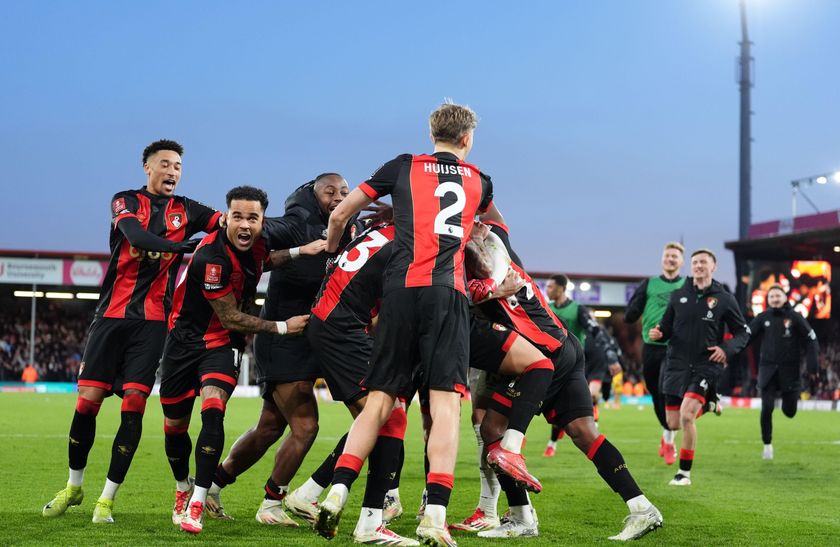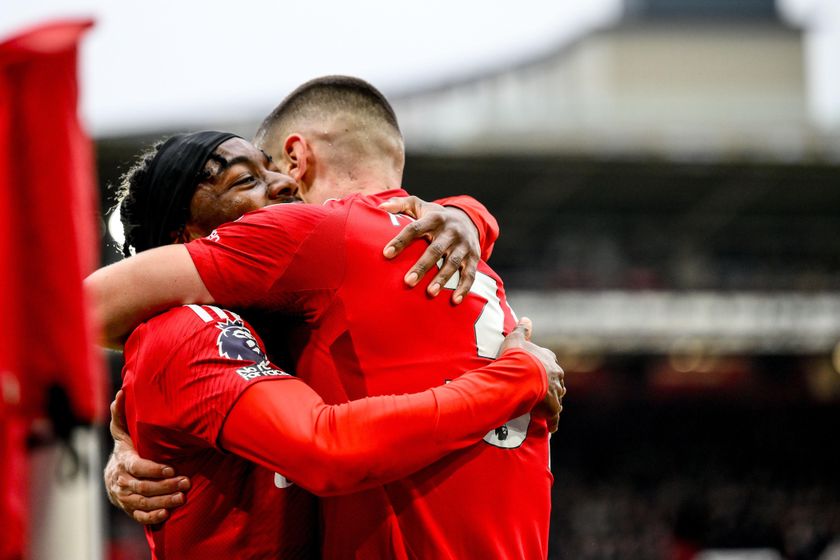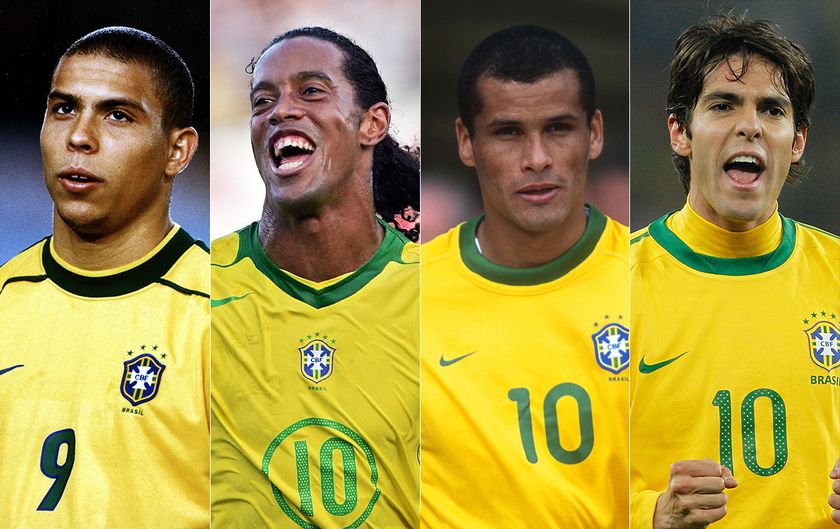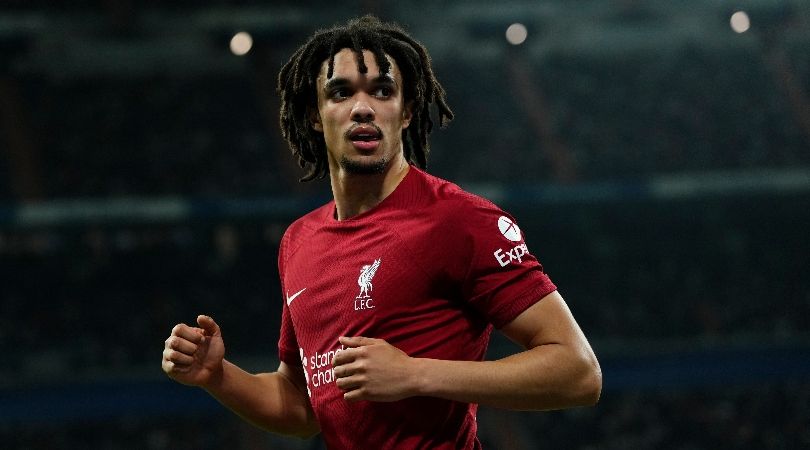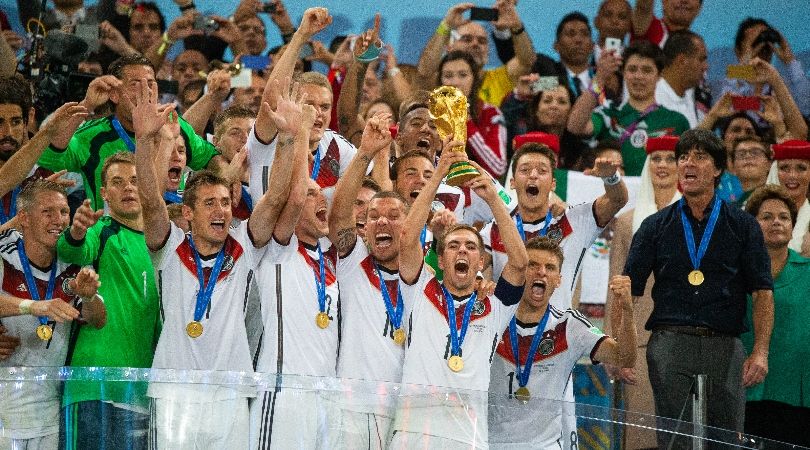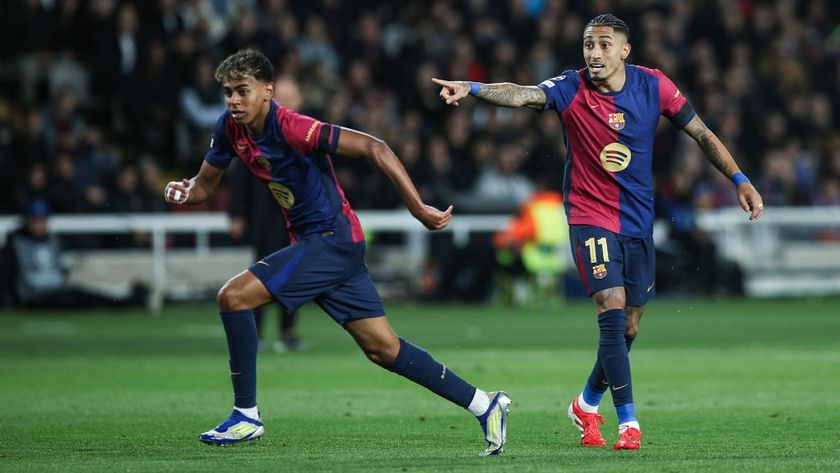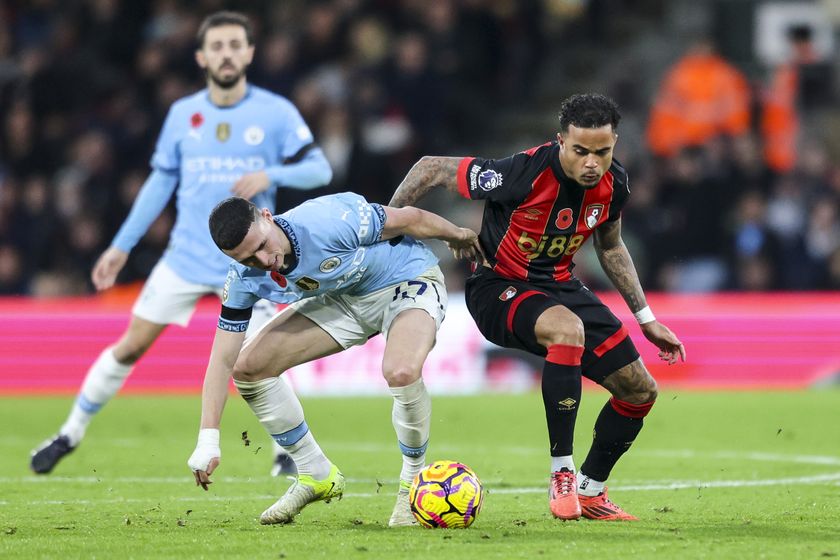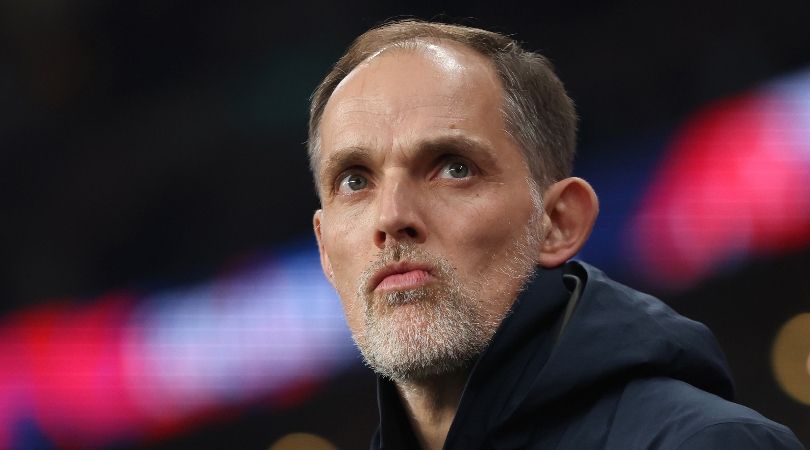How player power became a 'thing' – and why it's now terrifyingly acceptable in football
Now, footballers refuse to turn up in hope of landing a bigger pay day somewhere else. But when Newcastle’s George Eastham did it, there was something bigger at stake…

By 1959, George Eastham’s grievances were multiplying. He was dissatisfied with his contract at Newcastle United and unhappy with the condition of his club house. He wasn’t too keen on the nature of his second job either, and bristled at being told by Newcastle that he couldn’t represent England’s U23s. Frustrated, he informed the club that he wanted to join Arsenal.
Newcastle denied his request. This was still the age of the ‘retain and transfer’ system, meaning that clubs could hold the registration of players even if they were out of contract. As long as he'd been offered ‘reasonable’ terms to renew, the player remained club property and his career at their mercy.
Eastham’s response was to go on strike at the end of the 1959/60 season. He spent his summer down in Surrey, selling cork for a family friend. The effect, eventually, was to force Newcastle’s hand – and in October they reached an agreement with Arsenal, selling Eastham for £47,500. It remains one of the earliest and most famous instances of player power.
But its legacy lies in the aftermath. In 1963 – and with the Professional Footballers’ Association paying the legal fees – Eastham took his former employer to court, suing for unpaid earnings and arguing that the ‘retain and transfer’ system represented an egregious restraint of trade.
Eastham won. It didn’t make him rich, and the judge presiding didn’t award him the damages he was pursuing, but Mr Justice Wilberforce did conclude that ‘retain and transfer’ was unjustifiable. As a result, he compelled the Football Association to modify their arcane transfer system and strip it of its more shackling elements.
The straight lines between Eastham’s militancy and the freedom of movement within modern football are easy to detect, even if they weren’t fully intended. Newcastle supporters may have pelted him with apples when he first returned to St James’ Park in Arsenal colours, but his actions could easily be argued to have served the greater good – a purpose beyond his own ambition.
And that’s something lacking in the current slew of controversies. At the time of writing, Neymar and Antoine Griezmann are absent without leave from their respective clubs and, on Thursday morning, Laurent Koscielny refused to take part in Arsenal’s pre-season tour to the United States.
Get FourFourTwo Newsletter
The best features, fun and footballing quizzes, straight to your inbox every week.
All three situations have their differences. Neymar is fed up with life in Ligue 1 and desires a move back to Barcelona. Griezmann publicly announced his decision to leave Atletico Madrid last season, but has declined to report for pre-season training on the basis that confronting his jilted team-mates might result in ‘emotional stress’. Koscielny, the least likely of the trio, has reacted badly to Arsenal’s refusal of early release from his contract and is doubling down on his determination to return to France.
SEE ALSO Arsenal's captain curse: how Laurent Koscielny exacerbates an already-embarrassing problem
The thread which binds, of course, is not any great principle, but rather a truism as to what happens when footballers aren’t allowed to make unilateral decisions. There are some mitigating circumstances within those three cases, with Koscielny’s years of service possibly entitling him to some leeway, but broadly they collectively represent the standard of behaviour that’s come to be expected.
Because this isn’t new. Even within the Premier League era there are many examples of heads being turned, minds not being in the right place and, in some severe cases, players flatly refusing to play until their transfer requests are granted. Pierre van Hooijdonk, William Gallas, Yohan Cabaye, Luka Modric; the protracted sulk is an established tactic which, at the least, tends to result in a new contract.
The reasons for that are less interesting than what the behaviour itself describes. It’s not original to write about entitlement and ego, because those forces have been pulsing through the sport for years. But as a study of what top-level footballers believe to be fair – how much they’ll tolerate before resorting to drastic action – these latest incidents draw a vivid picture of just how much the game’s dynamics have changed.
Arsene Wenger spoke of this in Les Bleus, the 2016 documentary charting the fall and rise of the French national team after World Cup '98. Wenger was referencing the infamous players’ revolt at the 2010 World Cup and said that now, in today’s football, head coaches held only powers of persuasion. In effect, that authority only really exists when it’s dressed in a way which appears to serve a player’s self-interest.
When translated to refer to the transfer market, that makes perfect sense. It would obviously be a hopeless generalisation to claim that refers equally to every professional in the game, but it does broadly describe just how much of an inversion has taken place. While players of George Eastham’s generation were an oppressed labour force, kept under figurative lock and key, their modern equivalents are terrifyingly free to act on the compulsions they wake up with. It is a culture of wanting and getting, and acting with pathological immaturity whenever those impulses aren’t indulged.
This time next week, Antoine Griezmann will likely be a Barcelona player, Neymar might well have joined him and, fearing more acrimony during a difficult summer, Arsenal will presumably have agreed to let Laurent Koscielny depart. Football is too big to ever fail in a meaningful way – that’s incontestably true – but it’s also never felt quite so wild and unencumbered by order. Never has its shape been so susceptible to the wild whims of its only true commodity.
While you're here, why not take advantage of our brilliant subscribers' offer? Get 5 issues of the world's greatest football magazine for £5 – the game's greatest stories and finest journalism direct to your door for less than a pint in London. Cheers!
NOW READ…
INFO Forbes have revealed the world’s most valuable football clubs – and Premier League dominates
QUIZ! Can you name Arsenal's last 50 players in the Premier League?
New features you’ll love on FourFourTwo.com
Seb Stafford-Bloor is a football writer at Tifo Football and member of the Football Writers' Association. He was formerly a regularly columnist for the FourFourTwo website, covering all aspects of the game, including tactical analysis, reaction pieces, longer-term trends and critiquing the increasingly shady business of football's financial side and authorities' decision-making.


